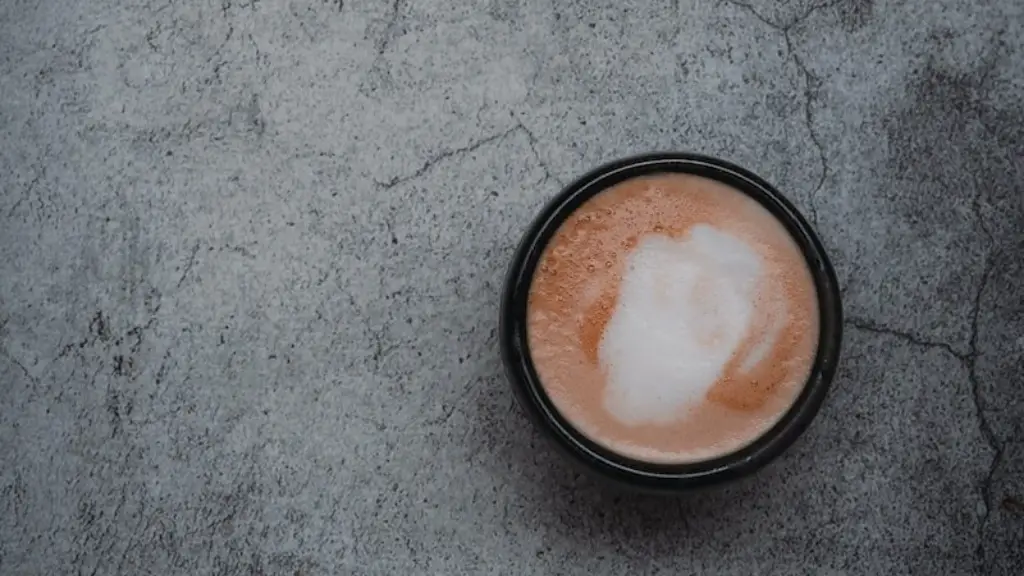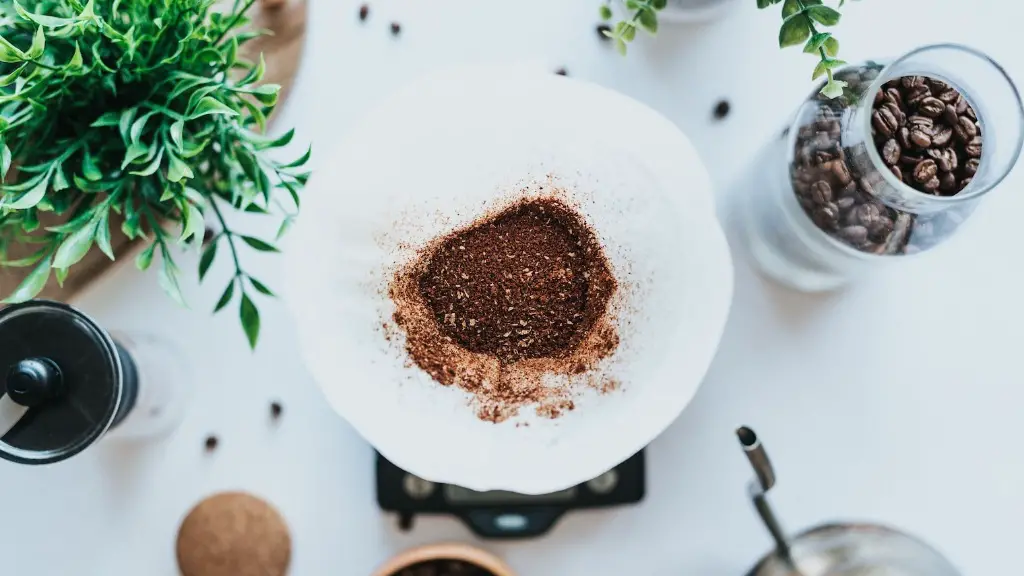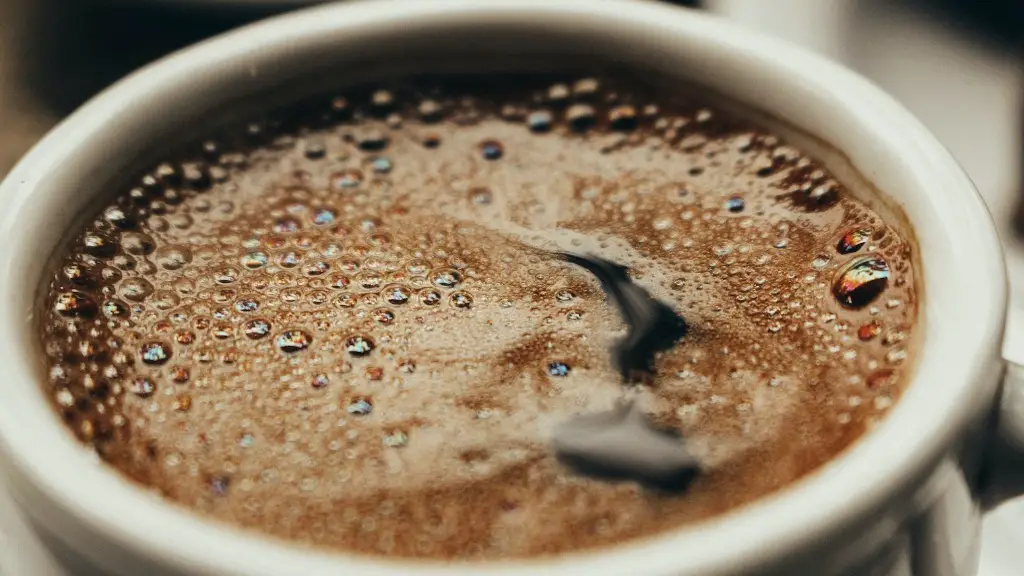Coffee Drinking Habits And Timing
Coffee is one of the most popular drinks in the world. Each year, coffee drinkers in the U.S. spend more than $19 billion to get their coffee fix. But when is the best time to drink coffee? When it comes to coffee drinking habits, some people swear by early morning java, while others prefer to wait until the afternoon.
Health Benefits and Risks
Experts agree that coffee can have both health benefits and risks depending on when you drink it. Studies have shown that drinking coffee in the morning can boost energy and help improve alertness throughout the day. This can be beneficial for those who struggle with focus or sluggishness in the morning. Conversely, drinking coffee late in the day may interfere with sleep quality, as caffeine has a half-life of six hours, meaning it can still be present in your system when it’s time to sleep.
Advantages Of Drinking Coffee In The Morning
Most experts agree that the best way to capitalize on the potential health benefits of coffee is to drink it in the morning. Coffee is most beneficial when consumed between 9 and 11 am, as this may help prevent cravings and improve cognitive performance. This is also beneficial for people who need to stay alert throughout the day, as the stimulant effects of coffee tend to taper off starting around noon.
Benefits Of Subsequent Coffee Consumption
Afternoon coffee can also offer some benefits, although it may not be as great as the morning cup. Studies suggest that afternoon coffee may decrease feelings of fatigue and help enhance focus during the late afternoon hours. In addition, drinking coffee in the afternoon may increase brainwaves associated with creativity, making it a great beverage for after-lunch brainstorming.
Nutrient Benefits Of Coffee
Besides the boost in alertness and focus, coffee can also provide a variety of essential nutrients that can be beneficial for your overall health. Studies have shown that coffee can be rich in minerals and vitamins, such as B vitamins, magnesium, and potassium. Furthermore, some research suggests that coffee may even offer a number of health benefits, such as improved respiratory function, decreased risk of type 2 diabetes, and lowered risk of depression and other mental health conditions.
Potential Drawbacks Of Coffee Consumption
Although coffee can offer a variety of health benefits, it’s important to remember that too much coffee can have a negative impact on your health. Too much caffeine can cause jitteriness, restlessness, and other uncomfortable side effects. It’s best to stick to the recommended daily amount of no more than 400 mg of caffeine per day.
Know Your Caffeine Tolerance
Before adding coffee to your morning routine, it’s important to know your caffeine tolerance. Some people may be more sensitive to caffeine than others, so it’s best to start with smaller amounts and adjust from there based on your reaction. Additionally, remember to choose high-quality coffee and avoid adding sugar, cream, and other unhealthy additives.
Coffee Alternatives
For those who don’t enjoy coffee, there are a number of other options for getting the same energizing benefits. Many health experts recommend herbal tea, which has similar benefits and a much lower caffeine content than coffee. If you need some extra energy, other options include green tea, yoga, energy-enhancing foods, and even simple lifestyle changes like getting more rest or increasing your daily physical activity.
Alternatives For Those With Caffeine Sensitivity
For those who are particularly sensitive to caffeine, there are a few other options. Decaffeinated versions of coffee and tea are available, both of which can provide the same sensory pleasure without the caffeine jitters. You can also try caffeine-free alternatives such as chamomile tea or roasted chicory or dandelion root which can provide similar flavor and energizing effects.
Ideas For Making Coffee A Lifestyle
For those who do choose to drink coffee, developing a good coffee drinking habit can be beneficial for your health. Focus on finding your ideal drinking time, whether that’s morning or afternoon, and keep track of how much caffeine you’re consuming. Experiment with different types of coffee and make it enjoyable–try different roasts, brewing methods, and even adding natural flavorings like cinnamon and vanilla.
Understanding The Different Types Of Coffee Roasts
When it comes to making a tasty cup of coffee, the type of roast is an important factor. Different roasts produce different flavors, as well as different caffeine levels. Light roasts tend to produce a floral, acidic flavor while dark roasts give off more bitter and smoky flavors. Light roasts also tend to have a higher caffeine content, while dark roasts offer a more robust flavor with less caffeine.
Brewing Methods For Different Coffee Types
Different brewing methods can also affect the flavor and caffeine content of your morning cup. For instance, drip coffee usually produces a milder cup with a good balance of flavors and more caffeine, while espresso is known for its strong, bold flavor and less caffeine. Cold brewing also tends to produce a less intense flavor, as the cold water extracts the flavor slowly.
Essential Supplies For Enjoying Coffee At Home
To make coffee at home, you’ll need the essential supplies. Start with quality coffee beans, as well as a coffee grinder and a good coffee maker. Invest in a good burr grinder for more consistent grounds, and an espresso machine for that special occasion. You’ll also need some quality filters and tamping tools to get that perfect espresso shot every time.
Enjoying Coffee In Moderation
Overall, coffee can be a great addition to a healthy lifestyle when enjoyed in moderation. To get the most out of your cup of joe, choose the best time for your body and experiment with different types of coffee and brewing methods. Whether you prefer to drink coffee in the morning or late in the evening, making coffee an enjoyable part of your day can help you get the benefits and avoid any potential drawbacks.



